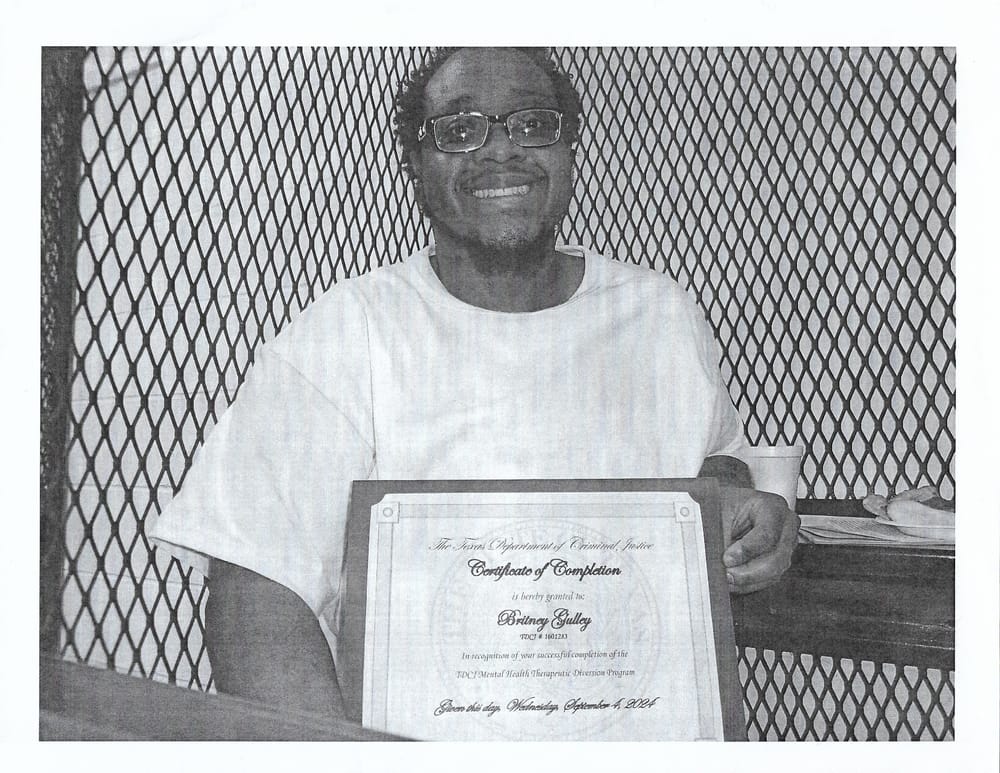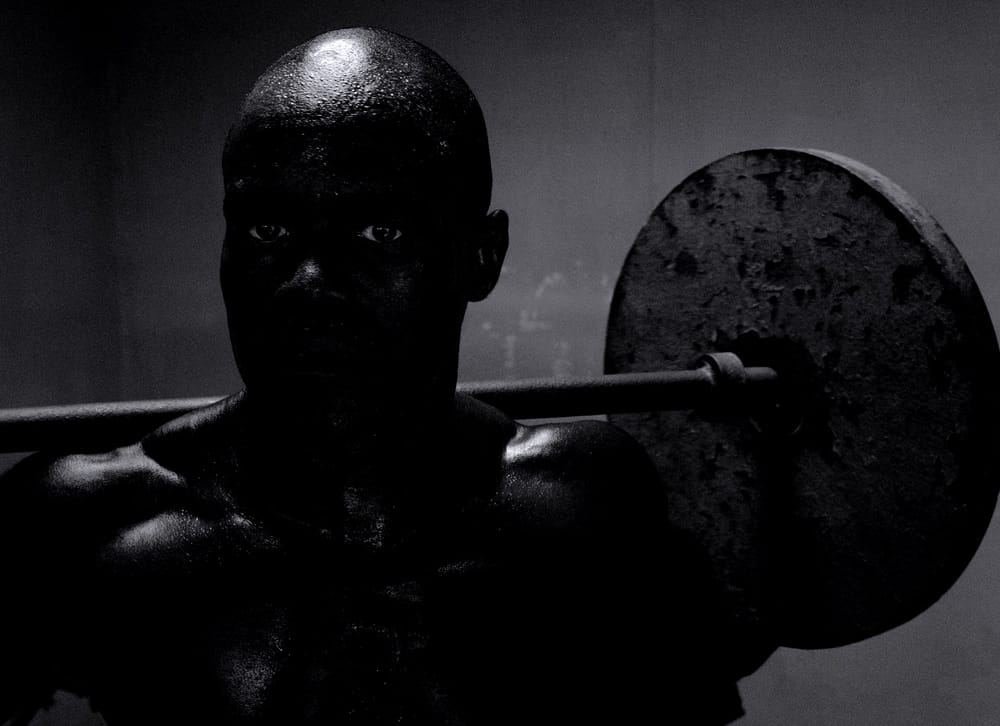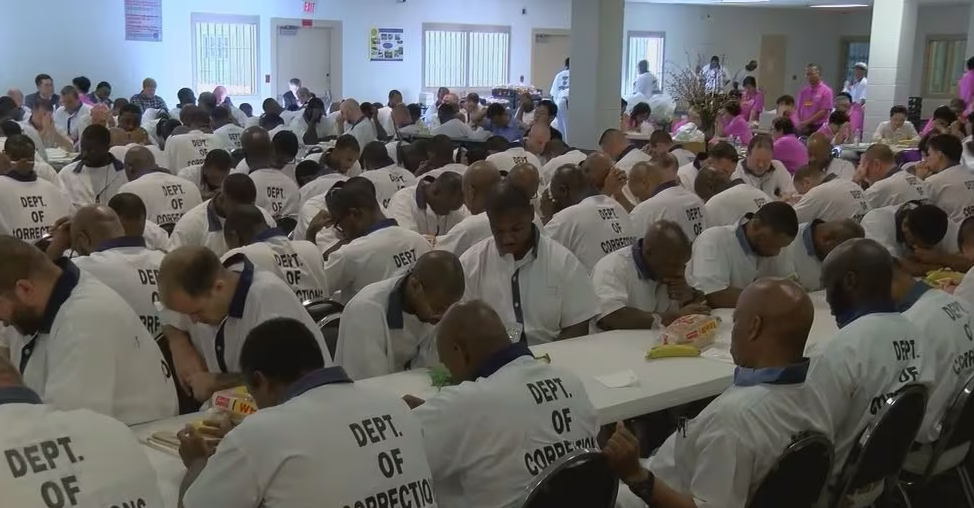On Day 98, I woke up with cold sweats. My heart beat rapidly. My mouth felt like cotton. The cell was cool, yet I sweat profusely. Another sleepless night. My body is in agony, battling within itself.
These are just some withdrawals I’ve suffered from the first few months of rescinding hormonal therapy from prison. Not long ago, receiving hormone therapy was a dream come true—but I ultimately decided to cancel my testosterone injections prescribed by the University of Texas Medical Branch (UTMB) to treat the “gender dysphoria” I was clinically diagnosed with.
I stopped receiving gender-affirming care because my medication was switched without my consent. It’s been hell ever since. From my perspective, my experience is a part of a broader disinvestment in gender-affirming healthcare for trans people incarcerated in Texas.

When I was first incarcerated, I was not on any gender-affirming care. But in 2018, I was clinically diagnosed with gender dysphoria by a three-man team consisting of a psychiatrist, psychotherapist, and clinician at Skyview Unit, the mental health treatment facility for incarcerated people in Texas prisons.
I started receiving government-funded, gender-affirming care, which included weekly doses of testosterone injections. While I still wasn't granted access to gender related hygiene and/or clothing, I was able to medically transition, and I felt my life stabilizing even within the instability of prison. For almost six years, my transition helped me mentally, emotionally, and psychologically.
But all good things eventually come to an end. In this case, the change from good to bad occurred over an approximate one-year span.
In early 2024, the Texas Department of Criminal Justice cut healthcare costs, saving on certain medications. These were mainly medications that were not chronic medicines (like those for HIV, blood pressure, and others) and could be bought from the cheapest bidder.
I wasn’t aware of that when I attended my usual appointment with the UTMB gender dysphoria specialist in September of 2024. I was subjected to some labs, procedural blood samples, and a full-body physical. A routine checkup.
But the doctor told me he saw some deficits in my labs and wanted to do a follow-up. He'd compared my previous labs, and things didn't look normal. The doctor then went on to speak a mouthful of medical terminology I couldn't wrap my mind around.
The bottom line was: At an alarming rate, my enzymes were not breaking down, my red blood cells were too high, my white blood cells were diminishing, and my cholesterol was too high. He was in fear of my organs shutting down. The doctor told me these were similar warning signs he had seen for two other transgender prisoners who had died in confinement. My doctor didn't want me to suffer the same dire fate.
During that disappointing appointment, the doctor pointed out other issues I had yet to notice.
My hair was thinning, my blood pressure was high, and I was showing signs of hypertension. My body was deteriorating.
The doctor determined that these problems didn't start until nine months earlier, when the prison slashed its healthcare budget. Doctors and nurses told me that the University of Texas Medical Branch disagreed with the decision to switch testosterone brands. When Texas chose this route of gender-affirming care, at first, the good quality medication was still active, just scarce. Some doses I would get one week and miss the next. After a while, the brand of testosterone injections changed. The cheap product caused a decline in my health and that of other transgender inmates.
The doctor sent me home from the appointment, and my head spun. Ironically, the medicine I thought would heal me mentally, emotionally, and psychologically was killing me physically.
After a few weeks of pondering and debating myself, I decided to go cold turkey and cease all hormonal therapy, stopping the injections, putting a halt to my transition, and risking plummeting into an abyss of mental anguish and emotional distress. That risk was to save my life—literally!
But since September, I have experienced a loss of mental stability, a significant shift in my psychological balance, and an enhanced sense of feeling like I don't belong. I'm more prone to depression. I'm more susceptible to low self-esteem and more inclined to unpredictable mood swings that consist of sadness and confusion. I lack the motivated energy to exercise. I’m suffering from inexplicable crying spells daily.
I ask myself throughout the day, 'Who am I?' A ghost, an empty shell, a zombie. I'm in pain physically from an ailment that can't be healed with a balm or salve. I'm suffering in the worst way. I'm in agony, I'm in anguish, I'm in distress. I can't explain the turmoil that has me in so much discomfort.
This is only the beginning of a war-stricken journey I proceed on as I live without gender-affirming care, unable to clinically treat my gender dysphoria and transition, while I live in an anti-LBGTQIA red state that will not fund or support gender-affirming care. My days are numbered, as if I am public enemy number one due to being transgender. It feels like I'm being killed softly.




